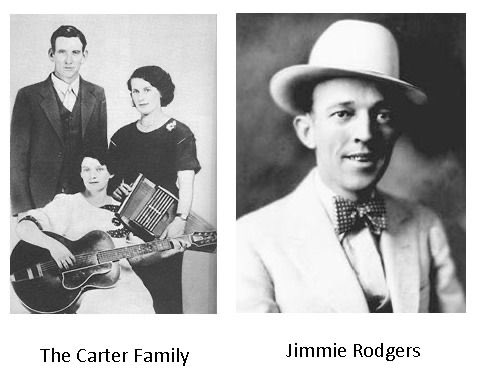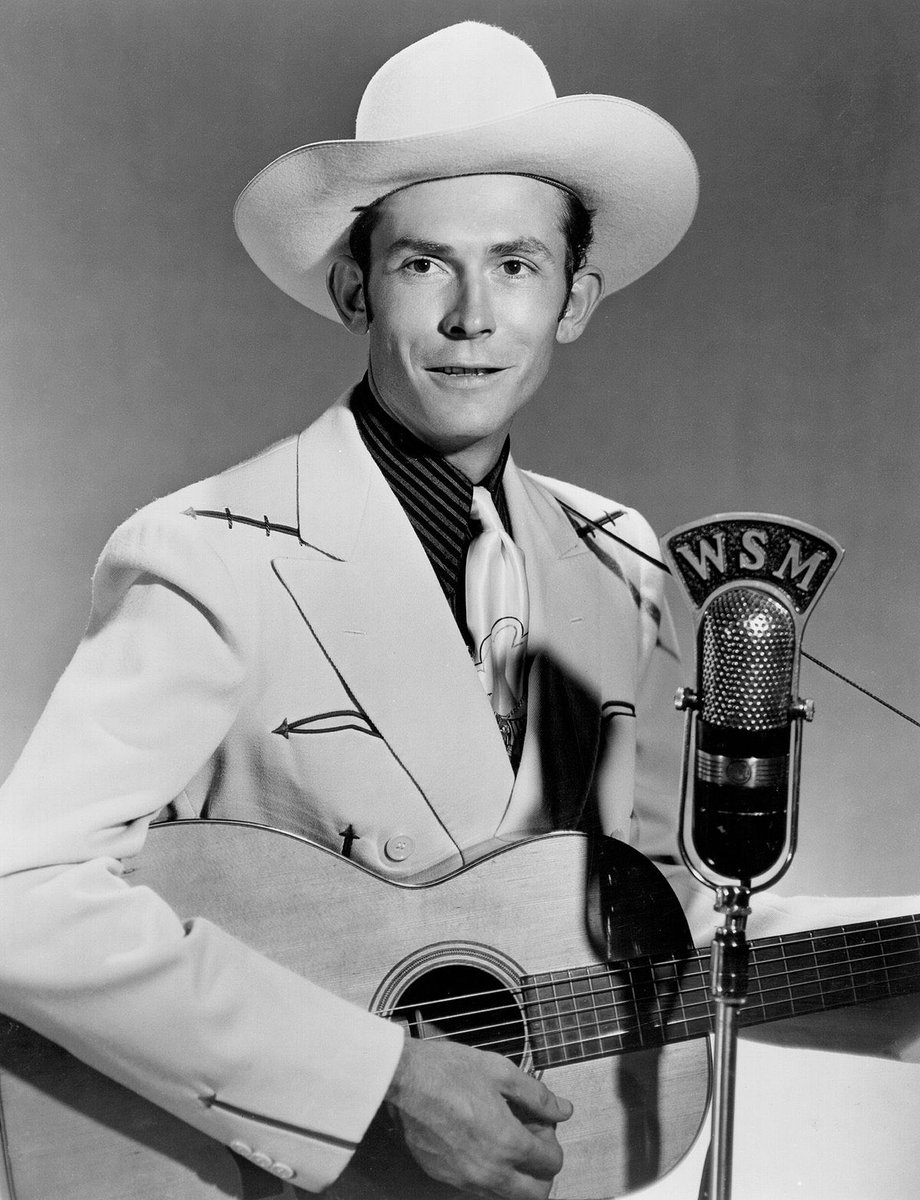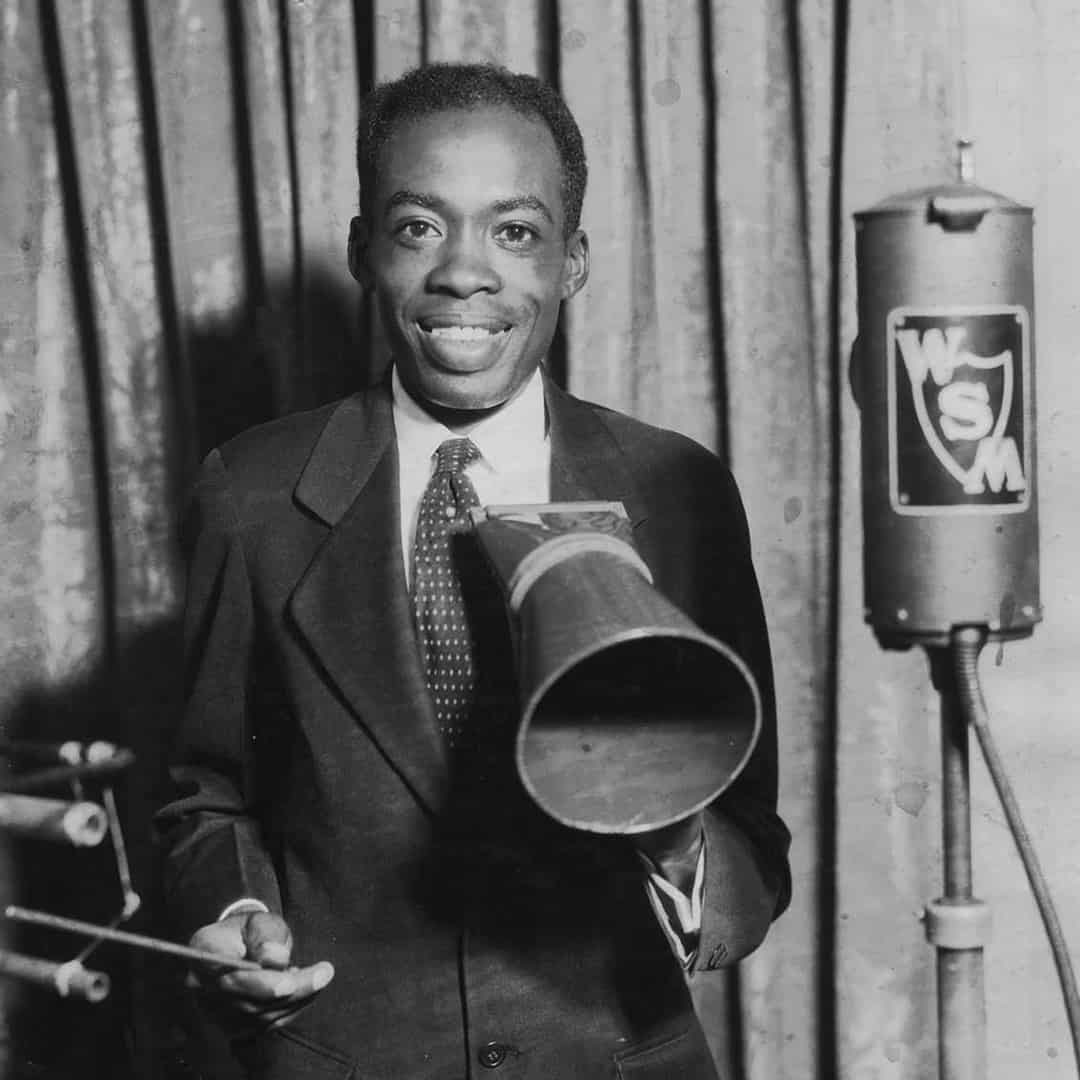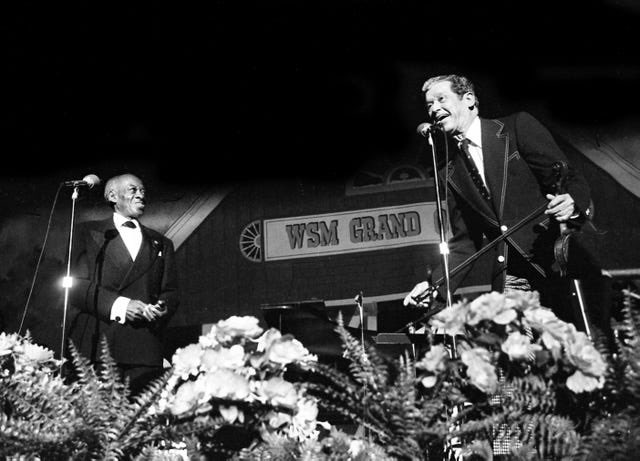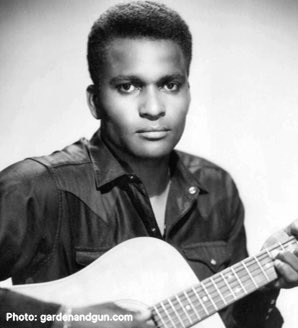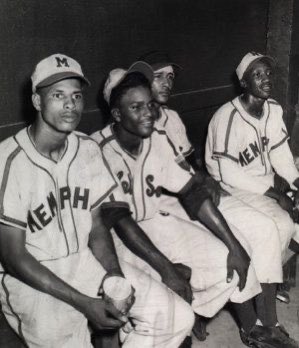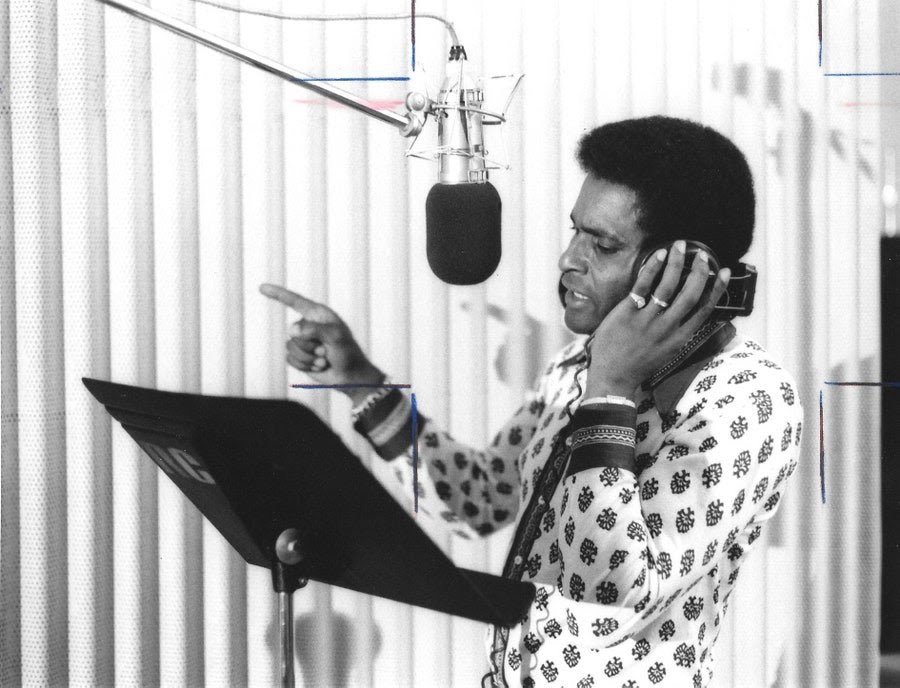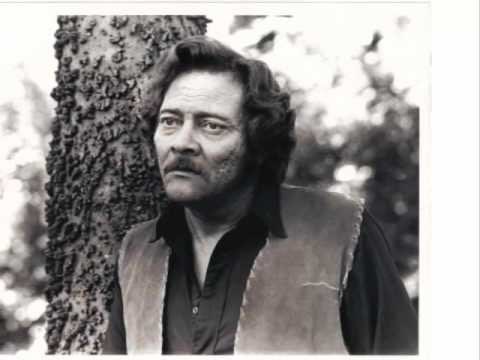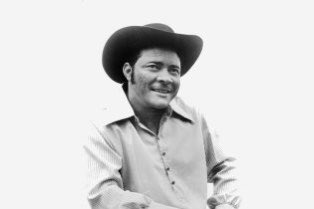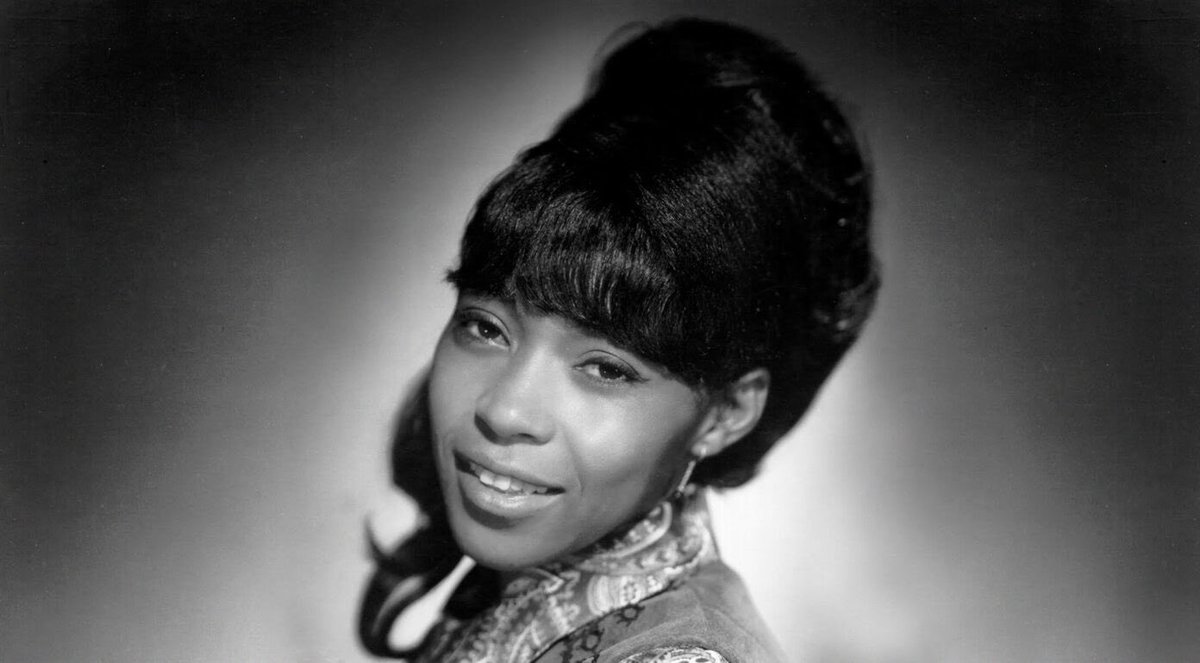For all music enthusiasts and welcoming ears, I present a thread:
Black Trailblazers in Country Music
*I do not retain the rights to any music or images used. Informational purposes only*
Black Trailblazers in Country Music
*I do not retain the rights to any music or images used. Informational purposes only*
Country Music has long been influenced by black artists throughout time.
Historical figures like Hank Williams, The Carter Family, & Jimmie Rodgers all were influenced by African-American artists of their time.
Historical figures like Hank Williams, The Carter Family, & Jimmie Rodgers all were influenced by African-American artists of their time.
On the forefront of under-appreciated artist within the genre was a man that was actually seen and heard, Deford Bailey.
Bailey was a regular and the first black performer at The Grand Ole Opry, also known as the stage that made country music famous.
Bailey was a regular and the first black performer at The Grand Ole Opry, also known as the stage that made country music famous.
A grandson of slaves, Mr. Bailey faced the same difficulties traveling the Jim Crow south as did the nomadic blues singers of his time.
Roy Acuff once said that because of Bailey’s short stature, they would have to hide him in suitcases to sneak him in hotels for lodging.
Roy Acuff once said that because of Bailey’s short stature, they would have to hide him in suitcases to sneak him in hotels for lodging.
Mr. Bailey performed at the Opry from 1927 to 1941. He was fired due to his refusal to perform newer songs from his usual repertoire.
He went from a regular Opry performer to shining shoes in Nashville. He performed at the Opry one last time in 1974. He died on July 2, 1982.
He went from a regular Opry performer to shining shoes in Nashville. He performed at the Opry one last time in 1974. He died on July 2, 1982.
There were not many other artists of color in the genre following Mr. Bailey’s leave until around 1967.
That’s when the world first took notice of a black man from the small Delta town of Sledge, MS. His name was Charley Pride.
That’s when the world first took notice of a black man from the small Delta town of Sledge, MS. His name was Charley Pride.
Originally dreaming of being a professional baseball player, Pride enjoyed a short stint in the Negro Leagues with the Memphis Red Sox and also played under several Class C teams. This career was cut short due to injury.
Mr. Pride was discovered by Red Foley and Red Sovine, two prominent figures in the industry at the time. They encouraged him to try Nashville and he was quickly recognized. While his first single did not chart, his second single “Just Between You and Me” rose to #9 with a bullet.
After the success on the charts, Pride scored his first large show in Detroit.
Him going on stage would be the first time they saw it was black man behind the voice that captivated them, as his label had refrained from using a publicity shot when sending his music to DJ’s.
Him going on stage would be the first time they saw it was black man behind the voice that captivated them, as his label had refrained from using a publicity shot when sending his music to DJ’s.
The mention of his name was welcomed with roaring applause which then turned to bare silence once he stepped out.
Pride stated; “Friends, I realize it's a little unique, me coming out here with a permanent sun tan to sing country and western to you. But that's the way it is.”
Pride stated; “Friends, I realize it's a little unique, me coming out here with a permanent sun tan to sing country and western to you. But that's the way it is.”
Following his breakthrough last the racial barrier, Pride enjoyed eight #1 hits between 1969 & 1971, the first being “All I Have to Offer You Is Me.” In a career spanning nearly 7 decades, Pride is second to only Elvis for most album sales on the RCA Victor label.
Following Charley’s success on the RCA Victor label, Capitol had what they believed to be an answer to mimic Pride’s success; Stoney Edwards.
Edwards was half white, Native American, and Black. His rough life was not exclusive to his childhood, as he barely escaped death twice in his adult life. Edwards had more of a twang in his music than Pride and he wasn’t able to joke away the awkwardness of race in the genre.
Edwards did not obtain major chart success like Mr. Pride, with only two his songs cracking the top 20. He achieved success when George Jones recorded his self written single “She’s My Rock” and it topped out at #2.
Always showing fondness for his heroes, Edwards wrote and released a single praising country Legends Lefty Frizzell & Hank Williams. With the latter being deceased at the time, the former did not have a welcoming response to a black man praising his name.
Frizzell called Him a racial epithet and in return, Edwards wrote a song using that word. Unfortunately, this would be too controversial for 1976 despite the song’s uplifting message. Capitol records dropped him from the label. Edwards health declined and he died on April 5, 1997
While there was a small number of black men in mainstream country music, there were barely any women of color from that time who receive their well deserved recognition.
One who triumphed was a hidden gem from small town South Carolina woman named Linda Martell.
One who triumphed was a hidden gem from small town South Carolina woman named Linda Martell.
Martell found reputable success as a woman in country music. She was the first African-American woman to perform on The Grand Ole Opry Stage and she broke through the top 25 with her 1969 hit “Color Him Father.”
Martell, like many other artists of color in that time, experienced the racial sting of the Jim Crow south. Once at a show in Texas, the owner refused to let her in to perform. Even still, contractual obligation required she be paid and Martell says she received $1,500 alone.
Martell ended her country career in 1974, citing the stress of touring as the reason. She preferred to spend time with her family at home.
Another man who received somewhat notable success was a farmer’s son from North Mississippi, Mr. O.B. McClinton, also known as “The Chocolate Cowboy.”
McClinton was another artist who was inspired by country music legend Hank Williams. Initially, he attempted at a career in the r&b genre but this proved unsuccessful when he failed to obtain a recording contract as a soul singer. Returning to his roots, he found home in country.
While McClinton’s fame never reached soaring heights, he was a known name in Music City. When he became ill with cancer, fellow artists Waylon Jennings, Tom T. Hall, & Reba McEntire hosted a benefit concert to cover his medical expenses. Sadly, he died on September 23, 1987.
Oklahoma has never been short or producing figures for country music and the second native on this list is the smooth voice of “Big” Al Downing.
A member of the rockabilly hall of game and frequent performer at the Opry, Downing became a familiar face within music city as well.
A member of the rockabilly hall of game and frequent performer at the Opry, Downing became a familiar face within music city as well.
Downing’s repertoire includes:
• Nomination for best new artist by the ACM
• Billboard New Artist of the Year (1979)
• Single of the year (1979)
Downing compiled a list of hits between 1978 & 1989. Three of his songs broke the top 20 and several others charted higher.
• Nomination for best new artist by the ACM
• Billboard New Artist of the Year (1979)
• Single of the year (1979)
Downing compiled a list of hits between 1978 & 1989. Three of his songs broke the top 20 and several others charted higher.

 Read on Twitter
Read on Twitter